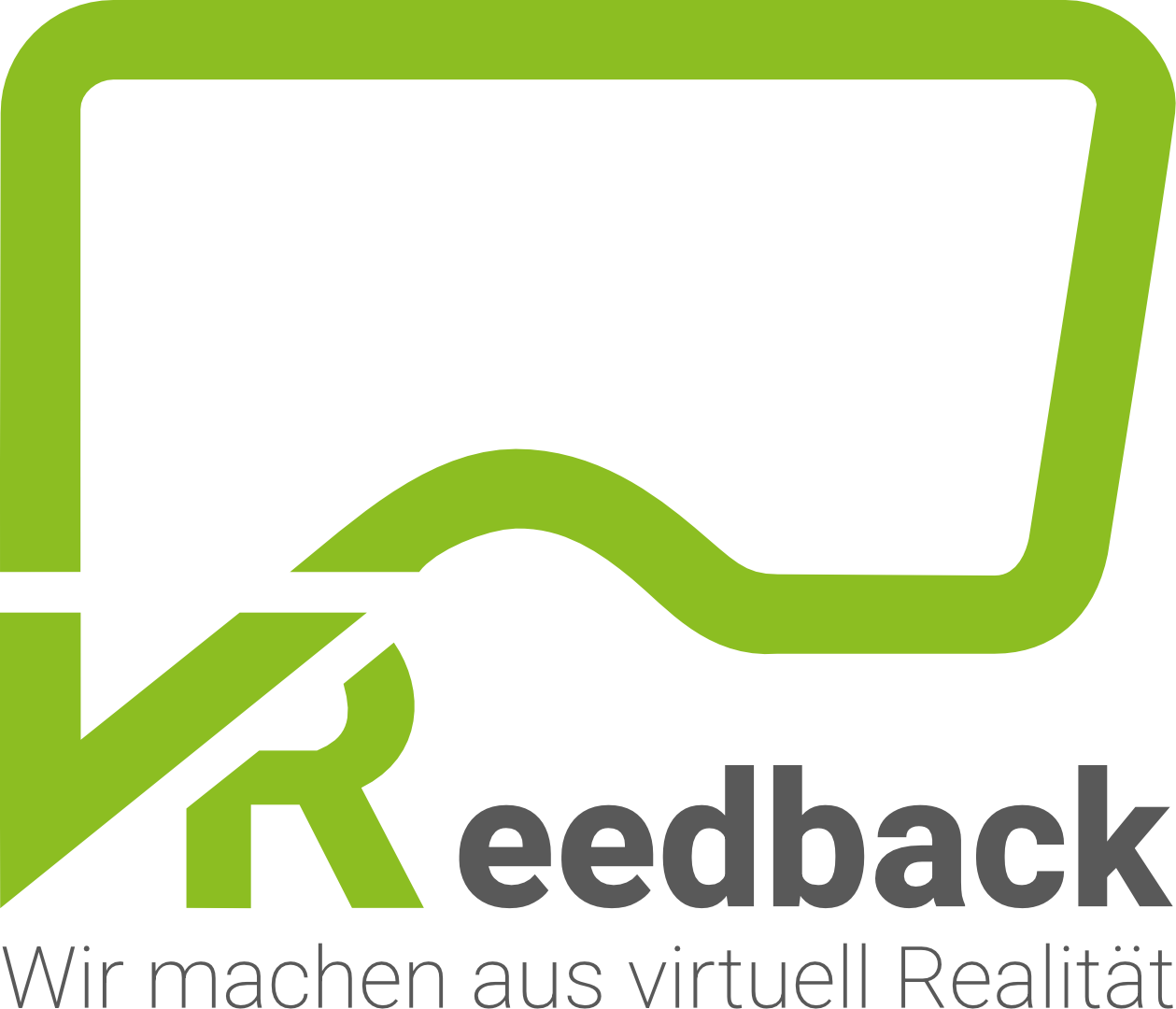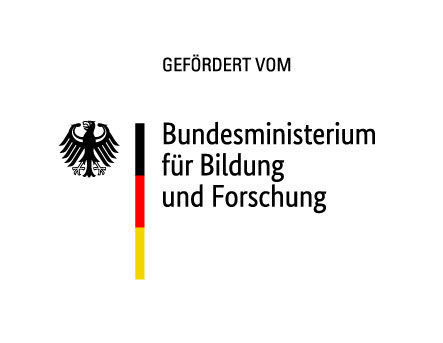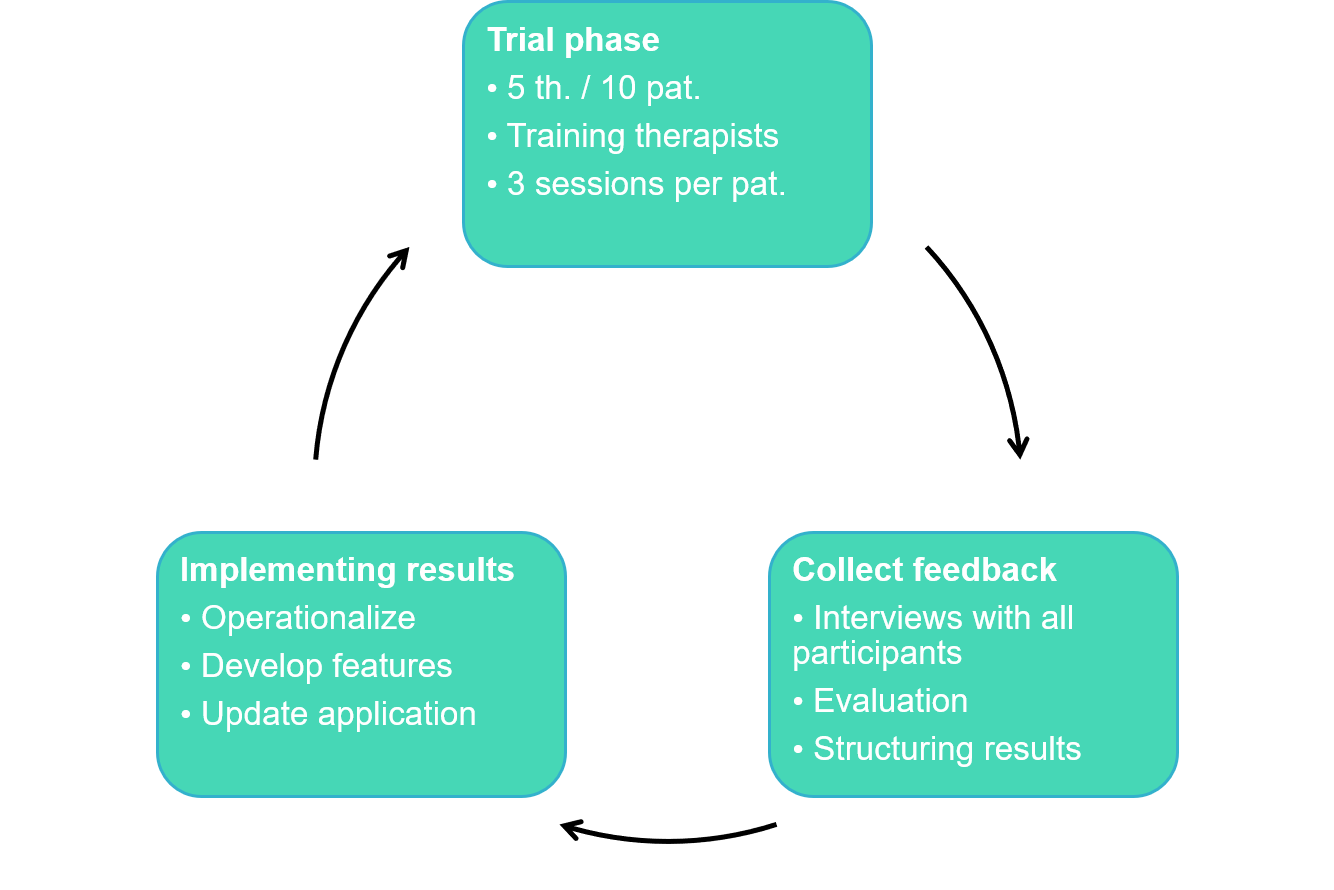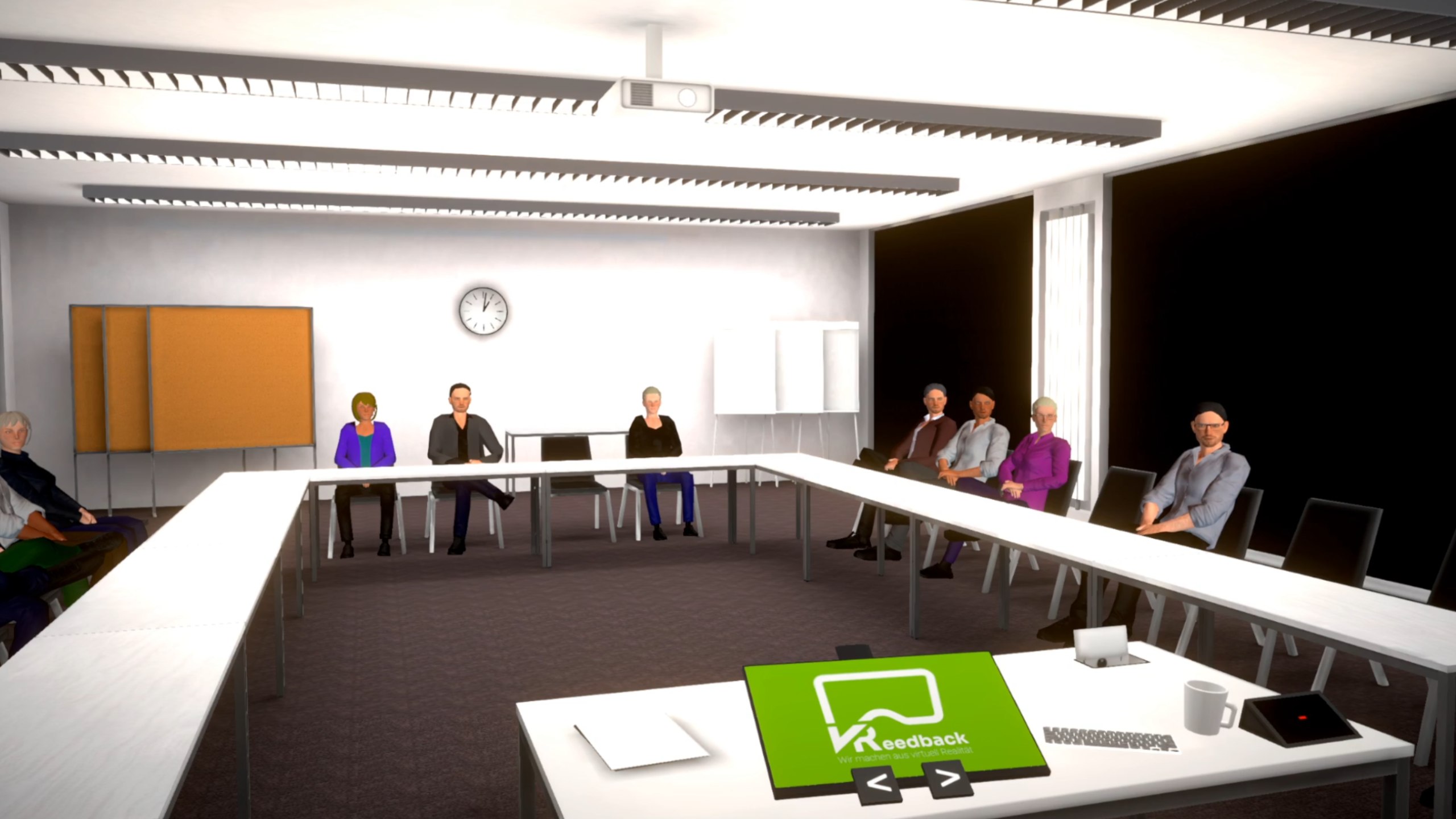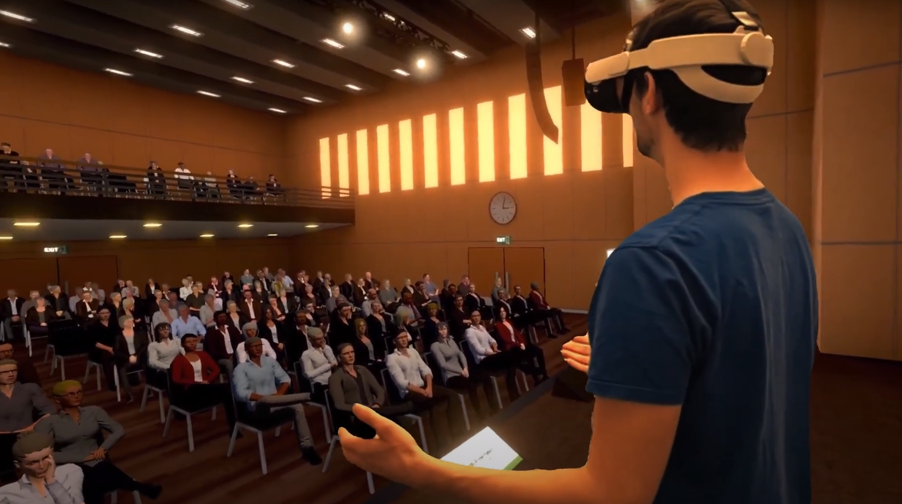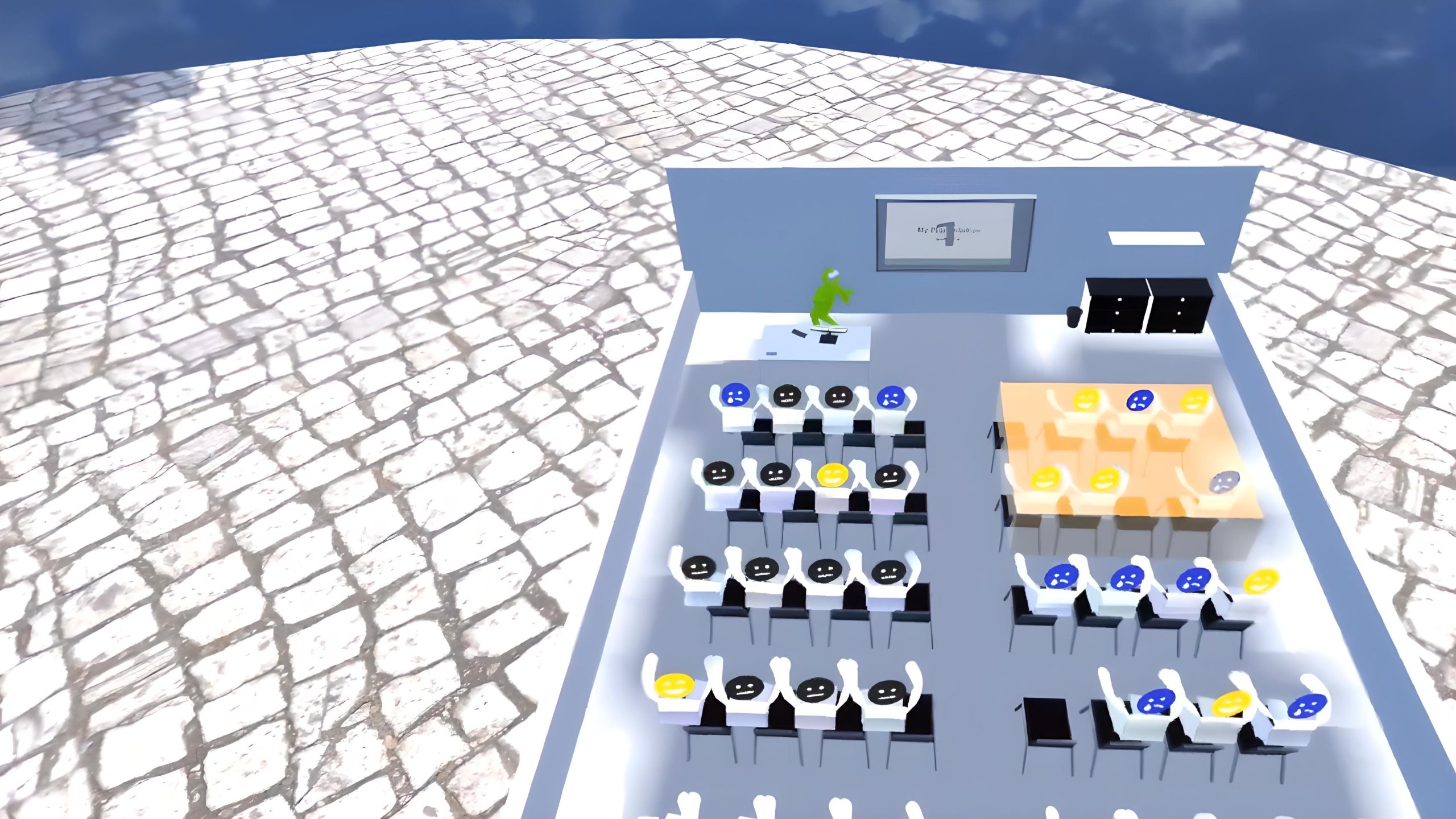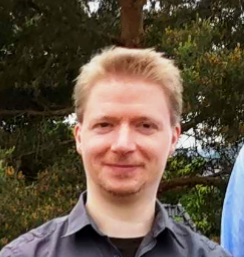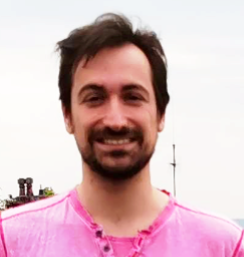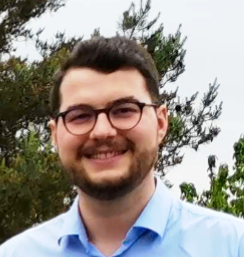
Background
Sie wollen uns unterstützen und Teil der Studie sein?
Dann geben Sie uns Ihre Stimme!
Gallery
Team

FAQ:
Here you will find the most frequently asked questions.
Unfortunately not. We have already found enough cooperating practices and therapy facilities to test the VR application.
We are developing ProVoiceVR with a focus on voice therapy, but of course the application can be used or tried out for anything where it seems helpful.
No. We are developing the VR application as a tool and aid for voice therapists to make everyday situations and transfer in general easier to train. It should and can only be used as a supplement to voice therapy treatment.
The current development process is expected to be completed by the end of 2025. Depending on the remaining development work, our aim is to start sales soon after.
Exact launch dates will be announced on this website.
We can't give an exact answer at this stage. Costs will arise for the required hardware (VR headset and tablet), our developed software (ProVoiceVR) and practical training on how to use it. The costs may be reduced if compatible hardware is already available.
We have occasionally received feedback that the weight could become too much in the long term, especially for patients who have difficulties with their head posture and/or cervical spine. However, the weight was not a problem for many participants.
The new generation of VR headset used represents a major step forward in terms of wearing comfort, among other things.
It may also be possible to prevent this problem by shortening the exercise sequences.
We use the Meta® Quest 2 and Quest 3 models.
Biofeedback is just one function of the application that can be switched on and configured individually. If its use is not considered beneficial, or if, for example, patients explicitly have to practice self-assessment and self-awareness, it can simply be deactivated.
In our view, the biofeedback functions are most important for possible use in home training - of course after prior consultation during therapy, but then without direct therapeutic feedback. Even the best biofeedback cannot replace the latter, but ideally it can be used to train individual aspects of voice use, such as volume, pitch or speaking pace.

